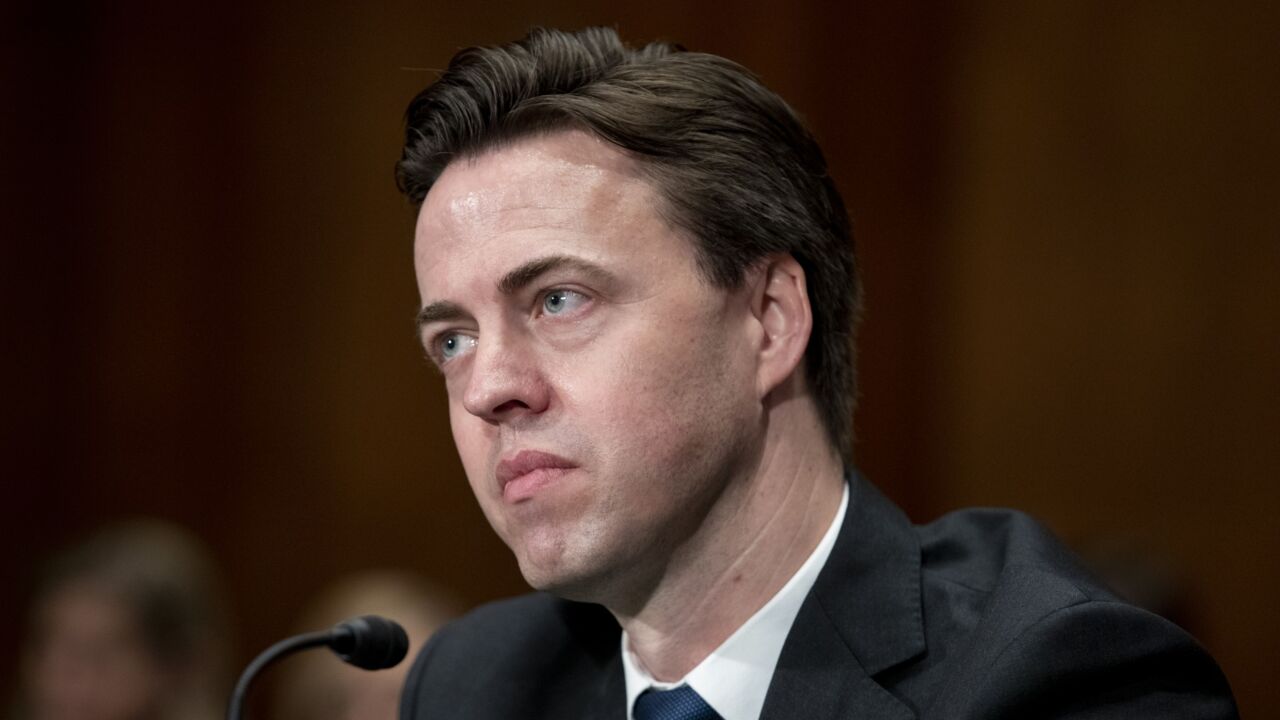-
Banks and debt collectors are taking over courtrooms to press consumers for payments. Local officials see these 'rocket dockets' as a way to cope with a deluge of collections suits. But their judicial appearance may also mislead debtors into believing they face offers they can't refuse.
February 11 -
The New York bank took the move one month after signing a consent order with the Office of the Comptroller of the Currency to settle allegations that it took shortcuts in collecting consumer debts. But with accusations of "robo-signing" still fresh, and a related suit by California's attorney general pending, the bank could face a new wave of legal troubles.
October 17 -
JPMorgan Chase's decision to freeze much of its credit card debt collection operations ahead of regulatory actions appears to have cost it hundreds of millions of dollars.
July 8

The regulatory pressures on JPMorgan Chase's (JPM) consumer debt collections operation continue to squeeze its recoveries.
Three years ago, the country's biggest bank recovered $1.37 billion from unpaid credit card bills it had previously written off. But in 2013, JPMorgan recovered only $593 million in charged-off card debts a slump of 57%.
The drop reflects good and bad news for JPMorgan. The bank was hit with a regulatory enforcement action in the fall and shut down parts of its consumer debt collections operations last year. Yet on the plus side is the healthier economy, and the credit quality improvements that accompany it; losses on credit cards surged after 2008, as did banks' efforts to collect on those debts, but have fallen in the past few years. Overall credit card losses at JPMorgan fell 71% from 2010 to 2013, when the bank recorded $4.5 billion in gross card chargeoffs, according to an
But JPMorgan is now recovering fewer of its charged-off credit card debts. Gross recoveries amounted to 15% of the bank's gross credit card chargeoffs in 2011; that fell to 14% in 2012 and 13% last year, according to filings.
Those slipping percentages appear to be an inevitable consequence of the regulatory pressure facing JPMorgan and other big banks over their debt-collections practices. JPMorgan Chase has come under particular scrutiny; in September the Office of the Comptroller of the Currency wrapped up a multiyear probe by issuing a
Big banks have long tried to offset losses on unpaid credit card bills by
But many of the same problems that plagued banks' mortgage foreclosure paperwork and processes have surfaced in their debt collections operations. Banks and third-party debt buyers have come under scrutiny for relying on robo-signed affidavits and other faulty, incomplete or nonexistent account records, American Banker
JPMorgan has been a main focus of regulators' probes into faulty debt-collection practices, and the bank began pulling back in some of its operations long before the OCC finalized its consent order. The bank
JPMorgan spokesman Paul Hartwick declined to comment about the 2013 decline in credit card recoveries.
The bank is still facing several regulatory probes into its collections practices and sales of charged-off credit card debt. The Consumer Financial Protection Bureau and several state attorneys general are investigating JPMorgan, the bank said in its filing Thursday, and officials in California and Mississippi have separately sued the bank over its debt collections operations.





